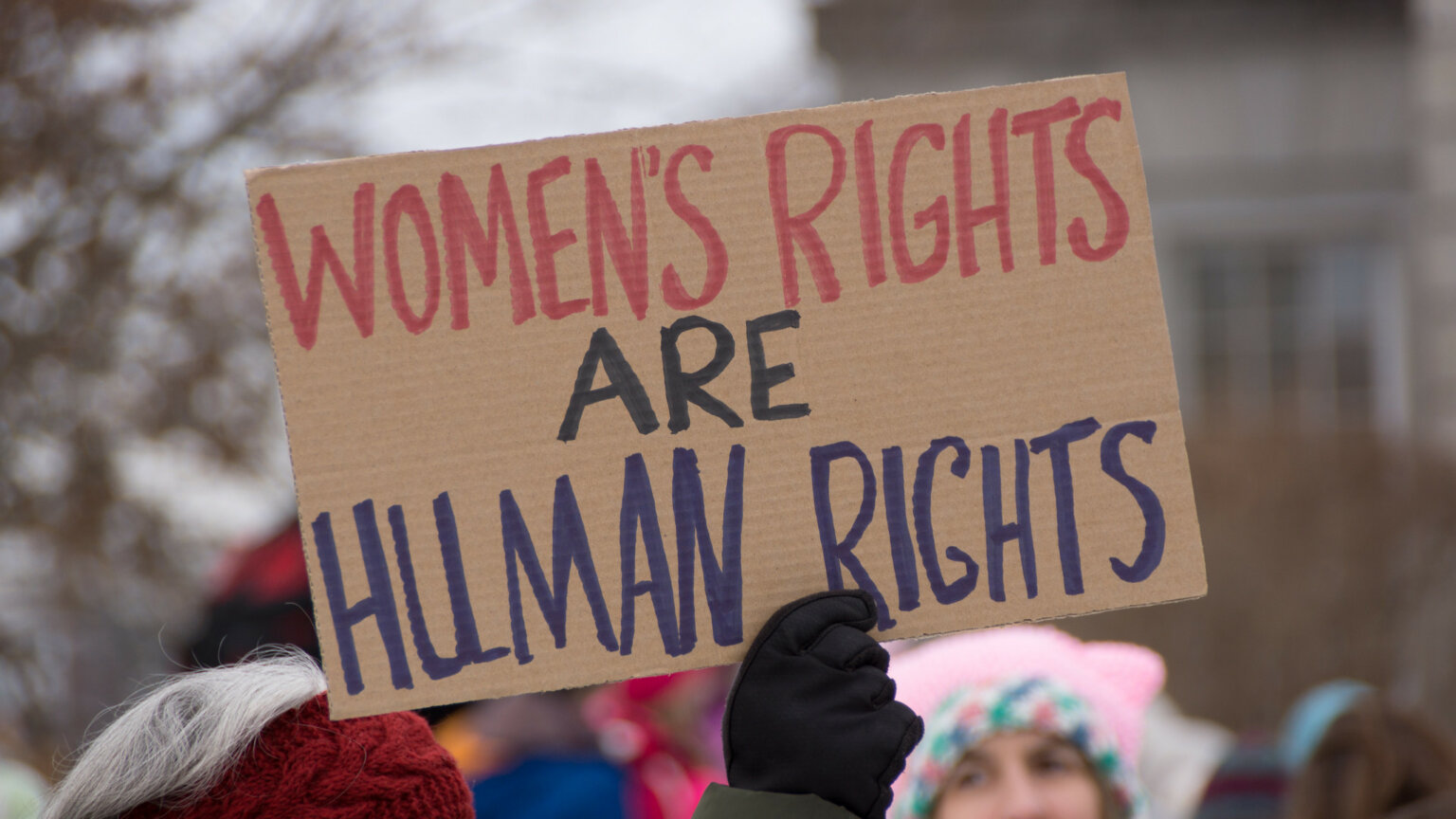- About
- Topics
- Picks
- Audio
- Story
- In-Depth
- Opinion
- News
- Donate
- Signup for our newsletterOur Editors' Best Picks.Send
Read, Debate: Engage.
| topic: | Women's rights |
|---|---|
| located: | Spain |
| editor: | Abby Klinkenberg |
It is disappointingm but perhaps not surprising, that this has to be clarified at all: sex without active and enthusiastic consent is rape. As of 25 August, Spanish courts are now legally bound to uphold this seemingly self-evident definition. With the passage of Spain’s ‘only yes means yes’ law, the arc of justice bends slightly more towards gender equality as perpetrators of rape and sexual assault are more likely to be held accountable.
The natural follow-up question to this news would be to ask what they were doing before. Well, until this law was adopted, “rape victims needed to prove that they had been subjected to violence or intimidation.” In 2016, the blatant inadequacy of this system came to the forefront of Spanish discourse on violence against women after an 18-year-old woman was brutally gang raped by five men in Pamplona during the running of the bulls festival. In a video recorded by the perpetrators, the woman was shown “silent and passive – a fact the judges interpreted as consent.” The fundamental insanity of that interpretation allowed the five men to be acquitted of rape and convicted only of sexual assault, which sparked mass protests across the country and a Spanish iteration of the #MeToo movement (#Cuéntalo, ‘tell your story’). The verdict was overturned in 2019 when the Spanish Supreme Court convicted the five men of rape and sentenced them to fifteen years in prison. The ‘only yes means yes’ law corrects this shameful flaw in Spain’s criminal justice system: now, “consent is recognised only when a person has freely demonstrated it through actions which, in the context of the circumstances of the case, clearly express the person’s will.”
The adoption of a consent-based definition of rape brings Spain into alignment with the Council of Europe Convention on preventing and combating violence against women and domestic violence – also known as the Istanbul Convention – which came into force in 2014. Article 36 of the Convention requires parties to criminalise ‘non-consensual acts of a sexual nature.’ While 20 of the 27 EU member states have ratified the treaty, only 12 (including Spain) have updated their criminal codes to fully comply with Article 36. In 2020, Amnesty International’s analysis of 31 European countries indicated that only 10 EU current member states defined rape as sex without consent: Belgium, Croatia, Cyprus, Denmark, Germany, Greece, Ireland, Luxembourg, Malta and Sweden. Within the past two years, only Slovenia (2021) and now Spain (2022) have updated their legal codes to reflect a thoroughly consent-based definition of rape; Finland and the Netherlands are expected to follow suit in the near future.
After the Istanbul Convention entered into effect in Austria and Portugal in 2014, both countries amended their legal definitions of rape. While Austria added a provision to its criminal code in 2016 that sought to ensure that “violation of sexual integrity” is duly criminalised, “it may not cover situations where the victim does not say NO or does not clearly demonstrate her NO.” Similarly, Portugal updated its definition of sexual coercion in 2015 “to cover sexual acts committed without violence or threat,” but its phrasing “may well not be sufficient to definitively break away from the longstanding practice of Portuguese courts to require proof of the victim’s resistance in order to sentence the perpetrator.” Although these updated definitions more closely comply with the Istanbul Convention, more work remains to be done in order to close the gaps through which survivors of rape can be denied justice.
These legal definitions are not mere words in remote documents – they are directly linked to the safety of women. Their contours dictate whether perpetrators of sexual violence are held accountable. Two years after Sweden brought its legal code into alignment with Article 36 of the Istanbul Convention, rape conviction rates increased by 75 percent. The recent passage of Spain’s ‘only yes means yes’ law promises a similar increase in justice for survivors of sexual assault and rape within Spanish borders.
Photo by Álvaro Bernal

